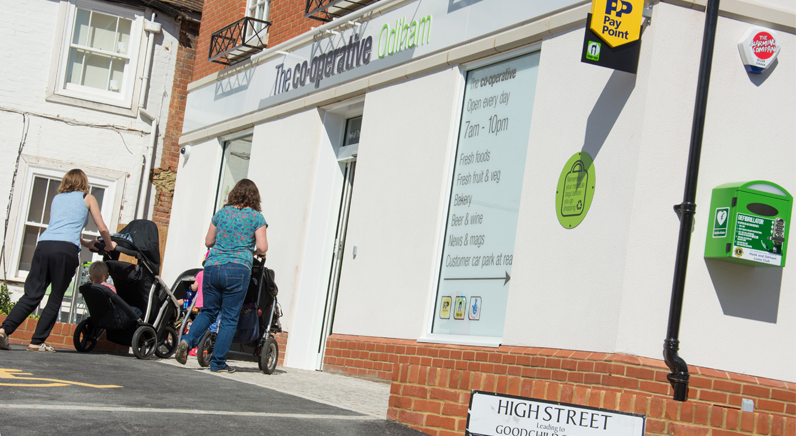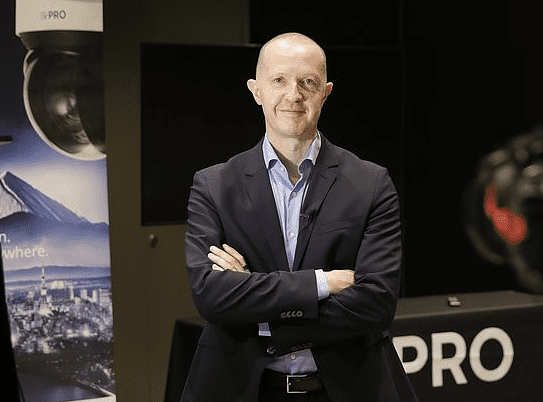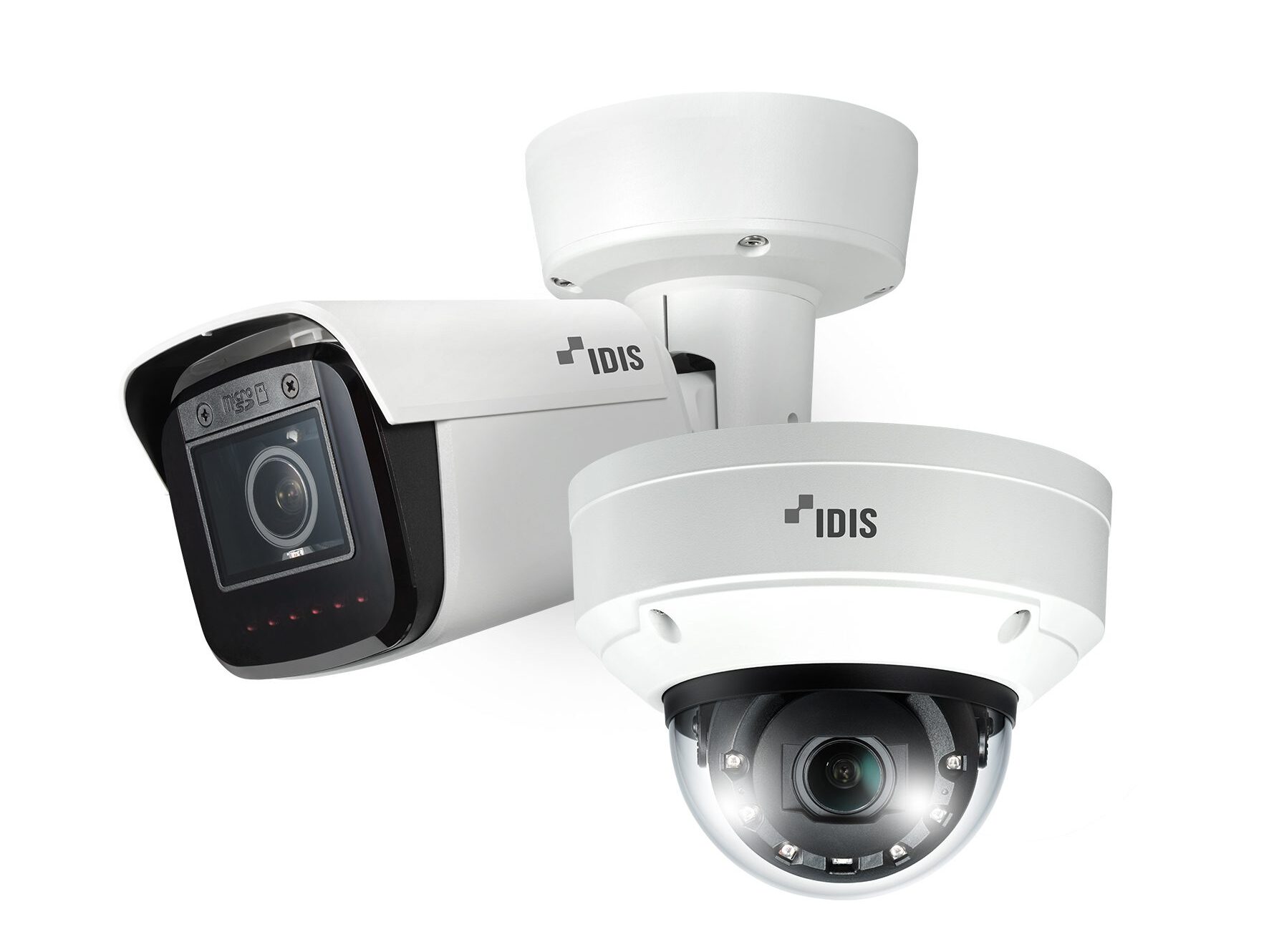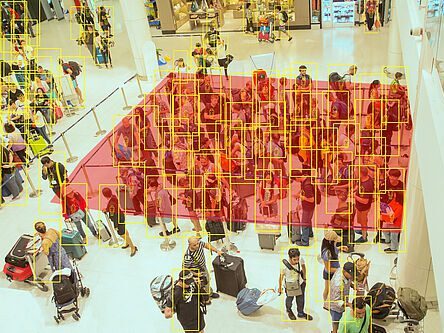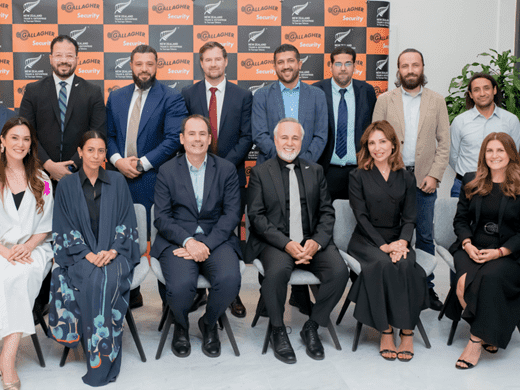Facing up to retail crime with Facewatch
Tim Compston, features editor at SecurityNewsDesk, finds out how the Facewatch platform is revolutionising the way that retailers like The Southern Co-operative are able to clamp down on problematic criminal activity in-store and provide vital evidence to the police.
On the subject of the way forward in the battle against retail crime, The Southern Co-operative, which runs over 250 community food stores across Southern England, stands out as an early adopter and enthusiastic advocate of Facewatch, a secure on-line crime reporting and information sharing platform.

Since signing up to Facewatch, Gareth Lewis, loss prevention and security services manager at the independently-owned retailer, reports that the platform has been particularly effective in the way that it facilitates the linking of incidents, sharing of information, and the provision of evidence – witness statements and video – to the police in an approved format.
Repeat offenders
Lewis takes up the story of the retailer’s experience with Facewatch and the sorts of crime that his retail staff see on a daily basis: “We deal primarily with convenience retailing and within that scope it is generally shop theft, anti-social behaviour and PayPoint fraud. Our businesses are on the high street and in village locations. We are in the heart of communities so the type of incident that we get falls under the old 80 – 20 rule with 80 percent of the crime carried out by 20 percent of the offenders that we can identify.”
He adds that the beauty of Facewatch is that The Southern Co-operative now has access to an analytic tool – a crime reporting tool – which gives the opportunity to identify these repeat offenders. Lewis feels that something like Facewatch is coming to the fore at the right time, especially when the police are under budget constraints: “The police are at a level now where they are more willing to discuss options and methods of dealing with these crimes.”
A timely answer
Lewis contrasts how retail crime is handled by The Southern Co-operative now compared to pre-Facewatch: “Previously let’s say an incident would occur we would have it reported on our own internal mechanisms and either the store would deal with all of it in terms of downloading the CCTV, liaising with the police officers, and stopping to fill in the statements or we would dispatch security to the site if it was much larger or there wasn’t a store manager available.” The upshot of this was, according to Lewis, a very laboured, very costly, process and now it is pretty straight forward: “The store reports the very briefest of details onto the system and that is their total involvement. If there is the threat of violence that is a 999 call and the police respond and deal with that but all low level crime is through the system.”
Drilling down into the detail, Lewis says: “You really have two streams of data, one that is information and one that is a crime. You make the decision and post that onto the system. It could be that I have had three cases of lager stolen but I don’t know when, by who, or how. You can have another one where offenders came into the store at eight o’clock last night and stole the lager, they were not detained – investigate that.” Lewis explains that it is then a case of dialling in remotely, looking at the CCTV – pulling that back into the Facewatch platform and applying it: “They fill out the NG11 statement – which is there on the system – gather that together, and post that onto the Facewatch app and that is then picked up on the other side by the police.”
Lewis sees Facewatch as mutually beneficial for the retailer and the police: “From our side we obviously haven’t got colleagues tasks interrupted by police officers attending the store for a statement.” On the police side they gain, he says, because they only have items reported to them that fill a pre-agreed criteria: “When the police do dispatch an officer to store to investigate a crime they have actually got everything they need. The number of visits they have to do to site is vastly reduced.”
Facewatch
Offering his thoughts on the need for something like Facewatch – chairman and founder – Simon Gordon, who is also the owner of Gordon’s wine bar in London, tells me that he was driven to start Facewatch because he was frustrated that his customers were frequently the victims of petty crime and he wanted to support the police who found it difficult to deal with these incidents.
Asked why it has taken until now for an initiative like Facewatch to emerge he responds: “You would think that this is something that the police would have done a long time ago but I understand why it hasn’t happened. It is mainly because they don’t work on a national scale – nobody looks at the overall picture. They also have a whole backlog of legacy systems,” says Gordon. He feels that coming at the issue with a fresh perspective was a real advantage: “We were starting from scratch and a completely different viewpoint, the viewpoint of the victims. What do we want out of the system?”

Gordon is adamant that Facewatch is all about keeping things simple: “What is the minimum that the police need to solve a crime? Businesses like retailers just want to report a crime they don’t care what category it goes into particularly. We don’t want to analyse it to the ‘nth’ degree.” With Facewatch, reveals Gordon, there is a relatively high level view of the type of categories of crime: “We only deal with low level crime and our system is all around preventing crime, mainly, and if people keep coming back – the prolific offenders – catching them and linking the crimes together. That is what The Southern Co-operative has done very successfully.”
Significantly, according to Gordon, Facewatch’s ‘Digital Evidence Pack’ is approved by the Crown Prosecution Service (CPS): “A relatively high proportion of cases get delayed or fail because of things like the DVD gets lost or doesn’t play. When they saw Facewatch and looked at our paperless witness statements they were happy with those and the continuity of evidence – from a business through to the police and the courts because once it is loaded onto Facewatch you can’t change it. Playing video can be viewed by everybody there are no discs having to be handed around.”
“I think what the CPS is most excited about – and the big win from Facewatch – is that it [the platform] has clients from different businesses and parts of the country and these can be linked together so they can show someone, who is being prosecuted, not just one crime but many,” he says. Gordon recalls, one incident where, thanks to Facewatch, there were 53 crimes linked together against just one person.
A joined-up solution
With Facewatch gaining more and more traction, it will be interesting to see moving ahead whether other retailers decide to follow The Southern Co-operative’s example and turn to Facewatch, certainly Gareth Lewis who has seen the benefits at first hand is keen for this to happen so that intelligence can be shared and, crucially, businesses are not working in isolation.
[su_button url=”https://www.securitynewsdesk.com/newspaper/” target=”blank” style=”flat” background=”#df2027″ color=”#ffffff” size=”10″ radius=”0″ icon=”icon: arrow-circle-right”]For more stories like this click here for the SecurityNewsDesk Newspaper[/su_button]
















